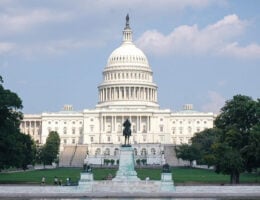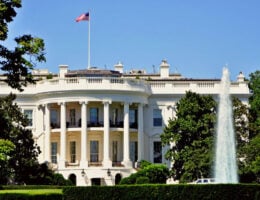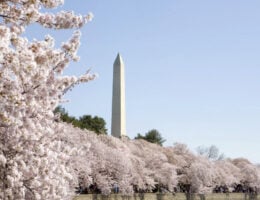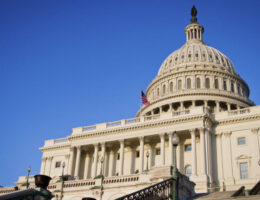On February 10, 2025, President Donald Trump signed an Executive Order (“Order”) directing a 6-month moratorium on the enforcement of the Foreign Corrupt Practices Act (FCPA), while the Attorney General revises Department of Justice (DOJ) policies and guidelines governing FCPA enforcement. The Order instructs that these changes be made in the interest of promoting US companies’ ability to compete in foreign markets. While the Order introduces uncertainty for the future of FCPA enforcement, companies are advised to stay the course on compliance and exercise caution when considering any shifts in compliance practices and resourcing in the near term.
A Legal Tightrope for Government Contractors In brief President Trump’s Executive Order 14173 calls for the elimination of what it characterizes as “illegal” DEI programs in the federal government. In addition, by making express references to the False Claims Act, the order provides another avenue for qui tam relators to…
A recent memorandum from Attorney General Pam Bondi signals a potential shift in the Department of Justice’s FCPA enforcement priorities. According to the memorandum, FCPA enforcement should prioritize foreign bribery linked to Cartels and Transnational Criminal Organizations (TCOs), potentially altering the landscape of white-collar corporate enforcement. While traditional FCPA cases will likely continue, the new directive grants local US Attorneys’ Offices greater latitude in conducting FCPA investigations touching on Cartels and TCOs.
President Trump has taken quick action to ramp up immigration enforcement in his first days in office. While Trump’s early focus on deportations and border security is not new, the swift and aggressive enforcement approach represents a significant change as compared to prior administrations. These actions have led to arrests and heightened concerns among employers and employees alike.
On 1 August 2024, the US Department of Justice Criminal Division launched a Corporate Whistleblower Awards Pilot Program (“Program”). The announcement was previewed in remarks by DOJ officials in March, and follows the rollout of the DOJ’s Individual Voluntary Self-Disclosure Program in April 2024 and similar programs implemented in the Southern District of New York (SDNY) and the Northern District of California (NDCA), in February and March 2024. Under the Program certain individuals who provide original and truthful information about corporate misconduct may be eligible to receive an award if the information results in successful criminal prosecution and criminal or civil asset forfeiture.
Against a backdrop of economic stagnation and geopolitical conflict, businesses are preparing for a challenging year. Global disputes will continue at pace, according to insights from more than 600 senior lawyers at large corporations, with ESG and employment risks the greatest areas of concern. Our seventh annual report provides detailed analysis of disputes trends, as well as sectoral and region-specific developments, to prepare your organization for The Year Ahead.
On 4 October 2023, Deputy Attorney General Lisa Monaco of the U.S. Department of Justice announced a new DOJ-wide policy that seeks to provide greater certainty as to the potential benefits to acquirers that uncover criminal conduct at a target company. The DOJ’s Mergers & Acquisitions Safe Harbor Policy for voluntary self-disclosures provides greater certainty to acquirers who self-report within the safe harbor period, fully cooperate with the DOJ in its investigation, and engage in requisite, timely, and appropriate remediation, pay restitution, and disgorge any ill-gotten gains.
Most major companies have implemented a compliance program but often struggle with two issues: ensuring the compliance program remains effective in light of their existing and changing landscape and making it more efficient by leveraging technology. The Compliance Cockpit specifically addresses both issues.
On 22 February 2023, the US Department of Justice announced a new voluntary self-disclosure policy for corporate criminal enforcement in all 94 United States Attorneys’ Offices across the country. This new voluntary self-disclosure policy is a response to Deputy Attorney General Lisa Monaco’s 15 September 2022 Memorandum insisting all DOJ divisions develop a self-disclosure policy, to the extent one does not already exist. Other DOJ components, including the Criminal Division, have already taken steps to issue or update their own policies on this topic.
On 22 February 2023, the US Department of Justice (DOJ) announced a new voluntary self-disclosure policy for corporate criminal enforcement in all 94 United States Attorneys’ Offices (USAOs) across the country.
This new voluntary self-disclosure policy is a response to Deputy Attorney General Lisa Monaco’s 15 September 2022 Memorandum (“Monaco Memo”) insisting all DOJ divisions develop a self-disclosure policy, to the extent one does not already exist. Other DOJ components, including the Criminal Division, have already taken steps to issue or update their own policies on this topic.









